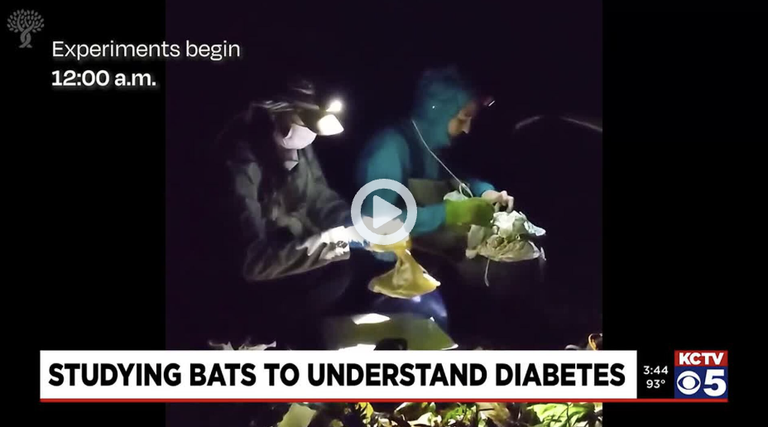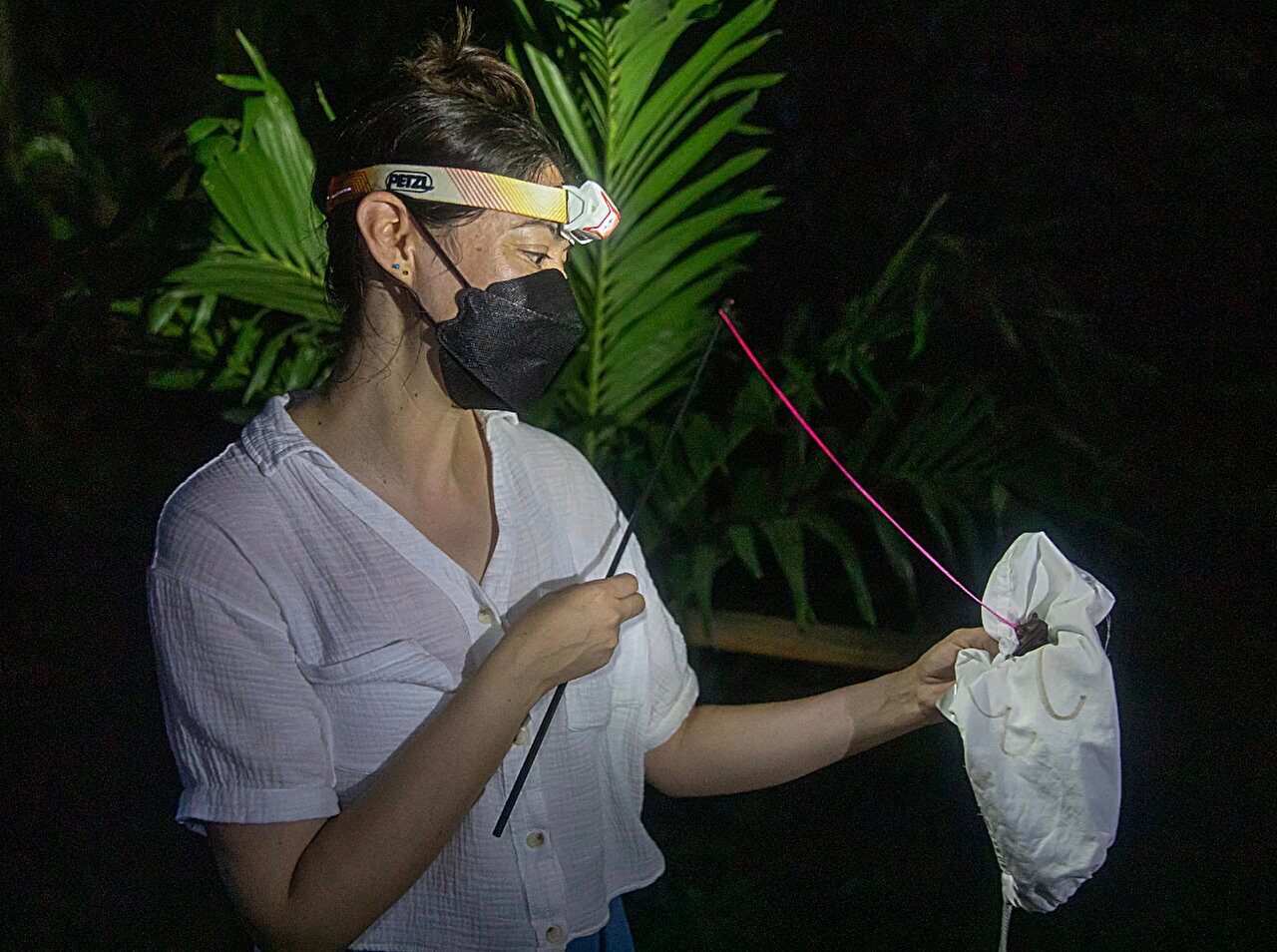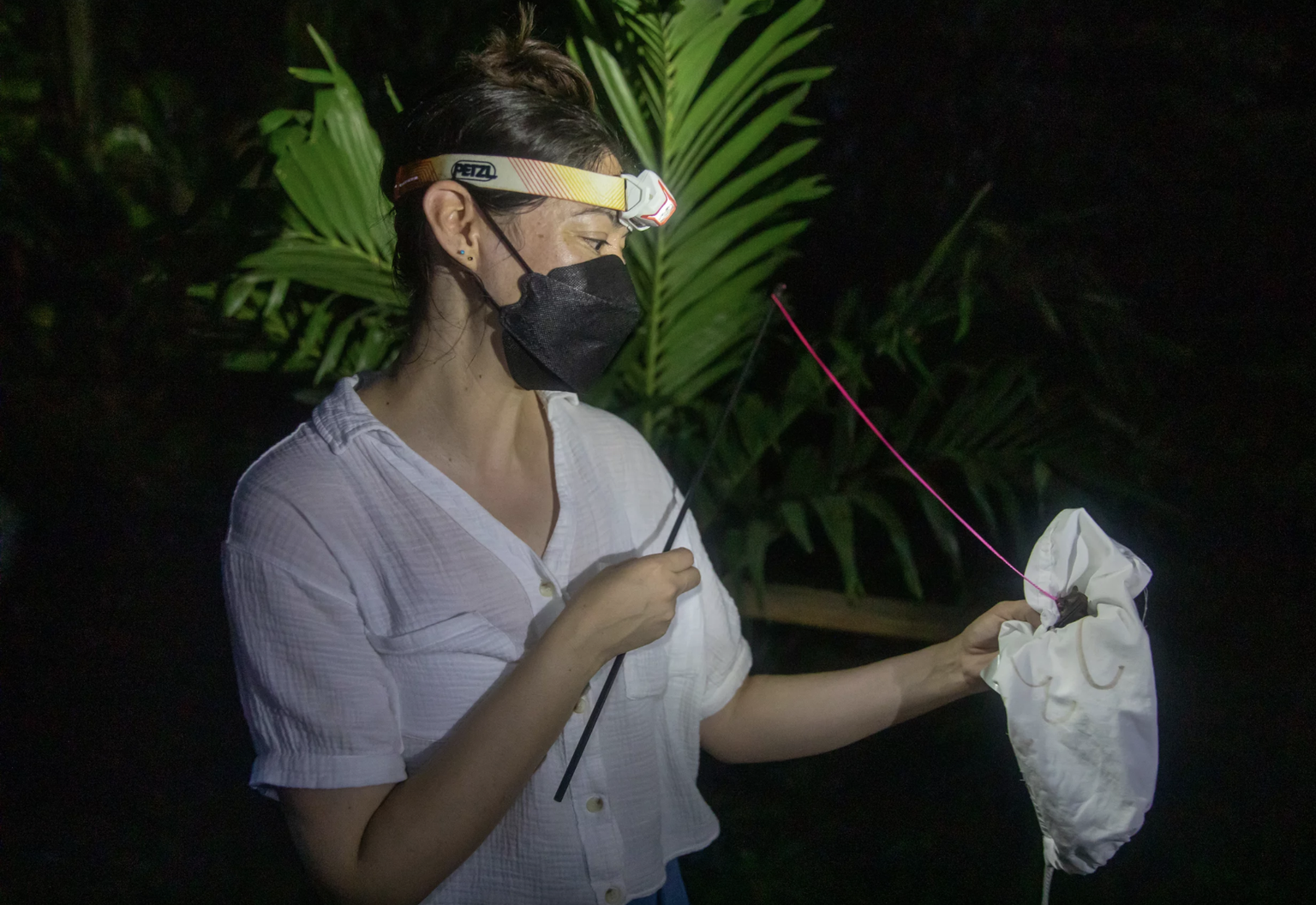The Rohner Lab investigates metabolic adaptations that arise from extreme environments and their implication for metabolic diseases. In nature, this manifests in multiple species—hibernating animals, migratory birds, snakes that intake vast quantities of food to store excess energy as fat during extended periods of starvation, minus the negative consequences seen in humans, for example. Some migratory birds develop a fatty liver, but unlike humans, this doesn’t lead to inflammation.
The Rohner Lab has extensively investigated how Mexican cavefish can withstand high blood sugar and insulin resistance, without any detrimental health effects. The lab has demonstrated that while cavefish have excessive visceral fat, they have fewer signs of inflammation compared to their river-dwelling kin, who have an active immune system to fight off parasites. Cavefish have adapted to environments with few or no parasites without having auto-inflammatory diseases common in species living in similar conditions. The lab has additionally uncovered that cavefish share a similar mutation with humans that causes binge eating for fat storage when food is scarce. This same mutation in humans also results in overeating.
The lab is focused on understanding all aspects of how cavefish have become resilient to traits that would naturally result in dysfunction and disease in other species.




